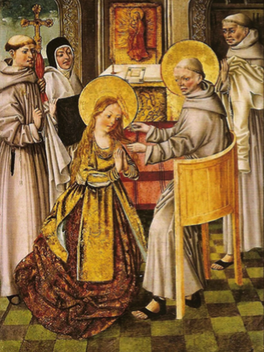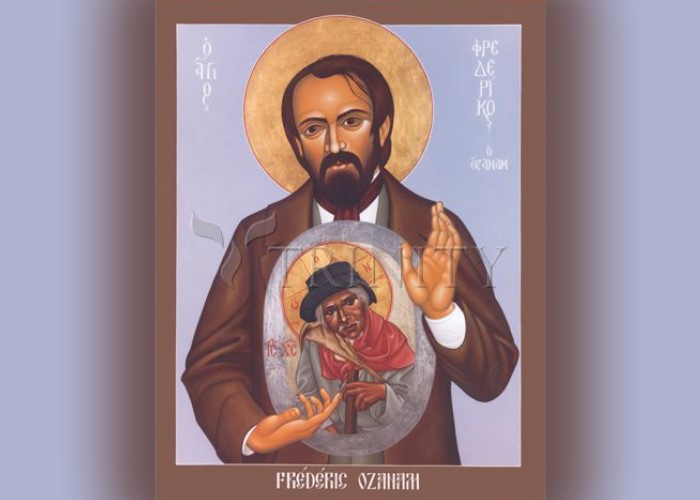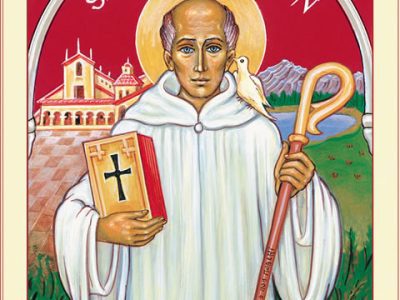Saint Oscar Romero
Oscar Romero was born on the Feast of the Assumption, August 15, 1917, in Ciudad Barrios, a mountain village in El Salvador near the Honduran border. He was the second of seven children. Romero’s father wanted him to be a carpenter and as a young man he showed considerable promise. But he felt a strong call to the priesthood and pursued that vocation.
Romero studied in Rome and was ordained to the priesthood in 1942. He became a parish priest and later a seminary rector. He recognized the effectiveness of radio as a means of evangelizing and convinced five radio stations to broadcast his homilies and pastoral reflections. He continued to rely on the electronic pulpit throughout the remainder of his life, making it a popular platform for his ministry.
In 1970, Romero became an auxiliary bishop of the archdiocese of San Salvador, then bishop of Santiago de María in 1974, and finally, in 1977 archbishop of San Salvador.
Considered by many as a social conservative at the time of his appointment, Romero was deeply affected by the assassination of his friend Father Rutilio Grande in March 1977. His own pain prompted a spiritual conversion. From that point on Romero became an outspoken critic of the military dictatorship in El Salvador.
At the time, in a country of 5.5 million people, 57% of the arable land in El Salvador was owned by 14 families. As archbishop, Romero spoke out against the prevailing social injustice, severe economic inequality and violence amid the escalating conflict over economic reform. Romero actively denounced the recurring human rights violations of the most vulnerable people and defended the principles of protecting lives, promoting human dignity and opposing all forms of violence.
On March 24, 1980, as he was celebrating Mass in the chapel of the Carmelite Sisters’ hospital for cancer patients where he lived, he was shot to death from the rear of the chapel by a paid assassin with a military assault rifle. His martyrdom was seen as strikingly similar to Saint Thomas Beckett’s murder in Canterbury Cathedral.
Shortly after Romero’s assassination, a civil war erupted in the country that didn’t end until 1992 when a peace agreement was signed in Mexico City between the country’s warring factions.
Oscar Romero’s tomb in San Salvador’s cathedral crypt draws thousands of visitors each year. In 2015, Pope Francis officially recognized him as a martyr for the Catholic faith. He was elevated to sainthood in 2018 and the Vatican is now giving consideration to proclaiming Romero a Doctor of the Church because of his faithful adherence to Catholic teachings on social justice and preferential option for the poor.
His feast day is March 24.



